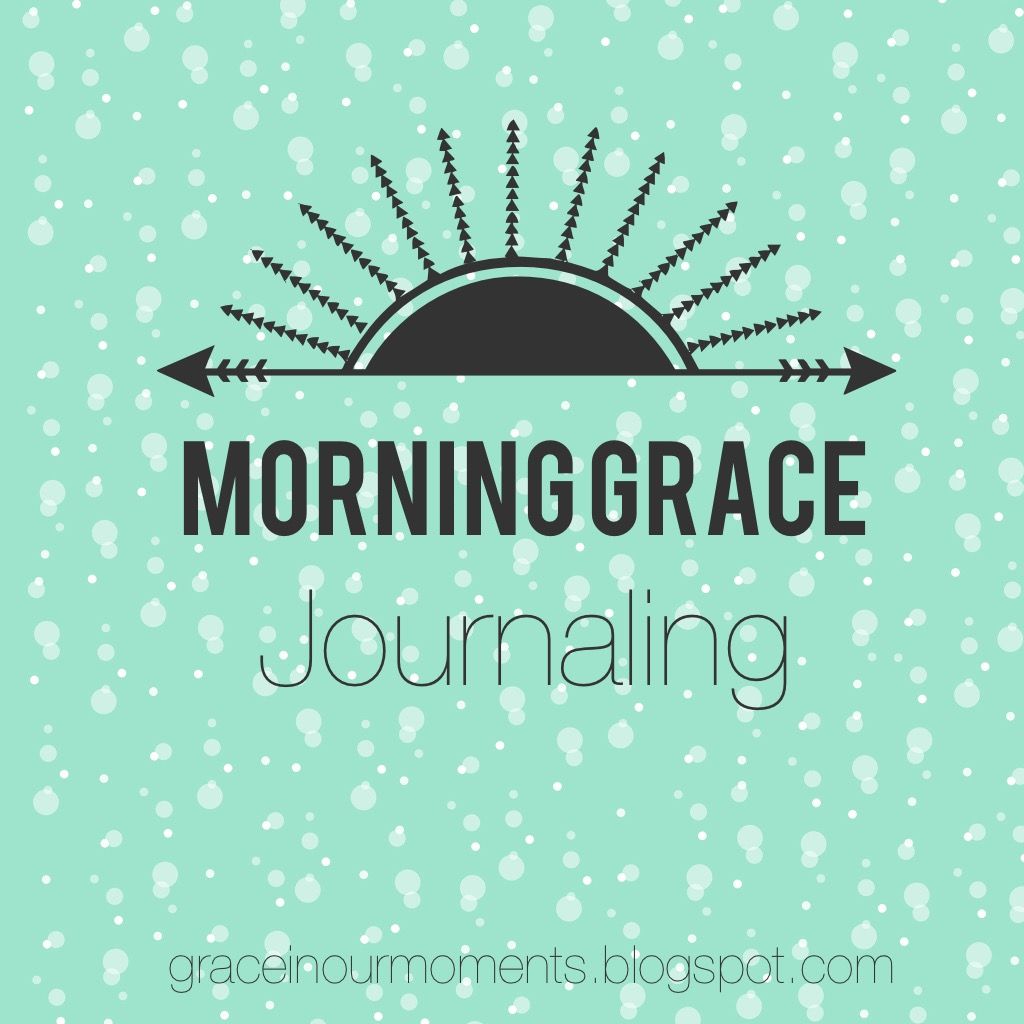There are so many Bible study options available now: topical studies, word studies, book studies, inductive studies. Some of them require a major time commitment, others take only a few minutes a day. It can be an overwhelming choice. Where do you begin, and how do you make Bible study a part of your daily routine?
1. Choose the right Bible.
If you're going to make the most of your time studying the Bible, you need to choose the right one. There are three main translations I love:
NIV - easy to understand, this is a very popular translation with lots of Bibles and other study materials to choose from. This is the translation I use when I teach children’s church.
NASB - For my own personal study, I use the NASB Study Bible. It's widely regarded as one of the most accurate translations, plus it's easy to understand. It's filled with good information, including background information on each book, maps, cross references, and more - but it's all on a pretty easy to understand level. It's a great for your first study or your hundredth.
ESV - Also a very accurate and easy to understand translation.
One important note: Make sure you choose a translation (NASB, NIV, etc.) instead of a paraphrase. A translation is word for word from the original languages, while a paraphrase is a retelling in an individual's own words. Paraphrases can be a great tool, but they should be used as extra reading, not your main study Bible.
2. Think about your learning style.
Are you a visual learner? Do you like variety or do you need repetition to learn? Do you move quickly through new material, or you like to mull over new ideas over a few days or weeks? Look for a study that moves at your pace without overwhelming you.
I'm very visual. I love using colors, symbols, charts and graphs to help me digest information. When I discovered Kay Arthur's book "How to Study the Bible for Yourself" I knew I'd found my perfect match.
3. Start small.
If you are just starting your Bible study journey, start small. Instead of committing to reading the entire Bible or jumping onto a year-long study, find a study that you can finish a few weeks. There are some great long-term, intensive Bible study plans but for now, set goals that you can reach in the short term. This also lets you experiment with different study styles. You might find that your original approach doesn't work. You may need to try several styles before you find one that fits. A few options to look at include:
- Big Picture Studies
These plans take you through major portions of the Bible, or the whole Bible. Examples are read the Bible in a year plans, the Bible in 90 days, or reading though the New Testament. YouVersion provides lots of great options.
- Detailed Studies
My favorite type of Bible study is inductive study. I love the depth of these studies - reading cross references, digging into the meaning of key words, marking maps, and really going deep into a text. I could spend weeks studying the same chapter. If this type of study appeals to you, Kay Arthur's Precept Ministries is the best place to start.
- Word Studies
The Bible wasn't written in English. The original Hebrew and Greek are very different from our language, and sometimes English just can't do as well with its descriptions. Word studies are perfect for going deeper into the Bible without getting overwhelmed.
- Topical Studies
Topical studies cover specific topics from the Bible. The possibilities are endless--from prayer to parenting.
- Total Immersion Studies
This is my absolute favorite way to study the Bible. I don't know if it's technically listed as a method, but I love to focus completely on one book - studying it, writing it by hand in my journal, memorizing verses from it. I love to wrap my mind and heart completely around one book, digging into the individual words, using inductive study, and seeing how it fits into the bigger picture.







